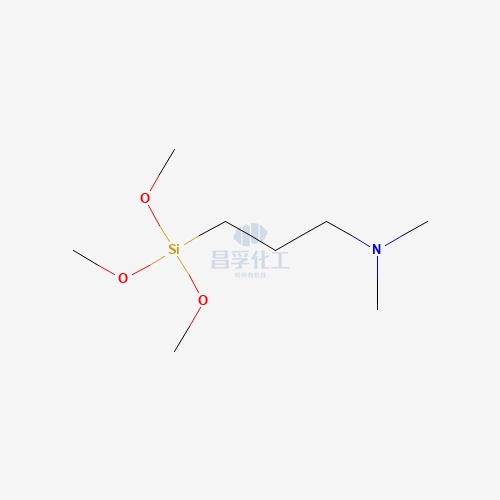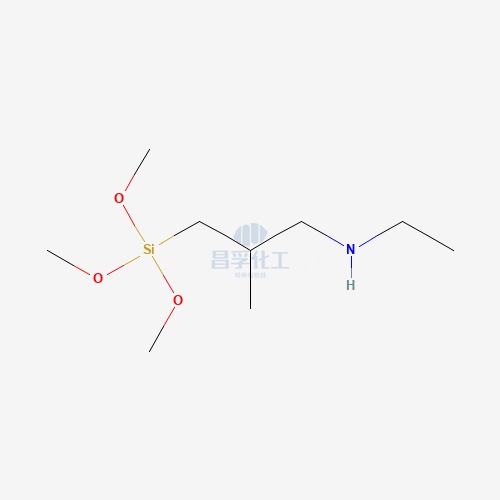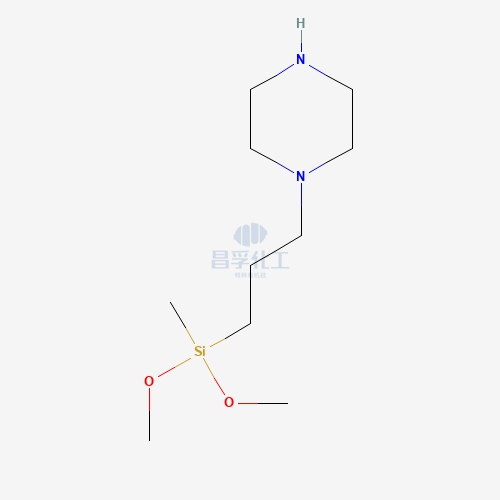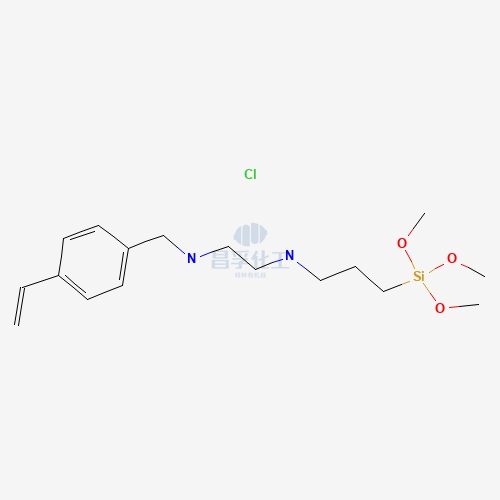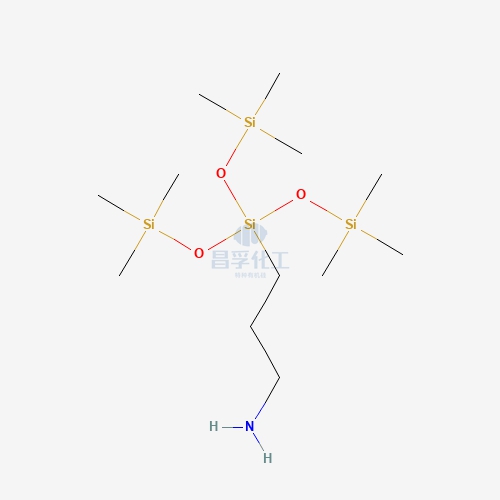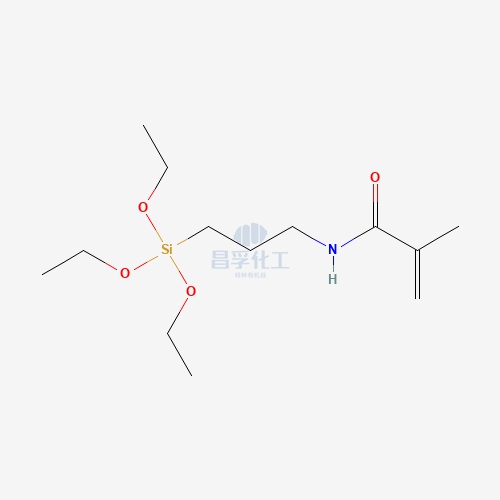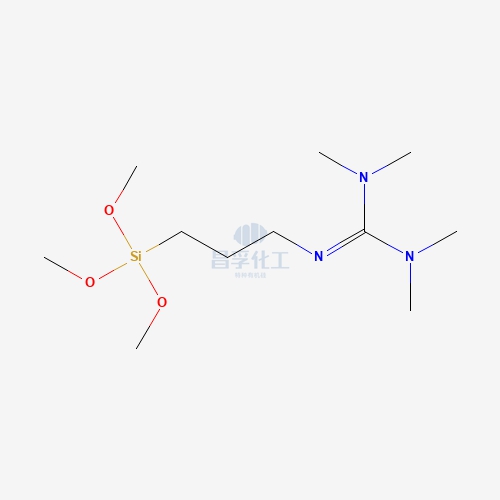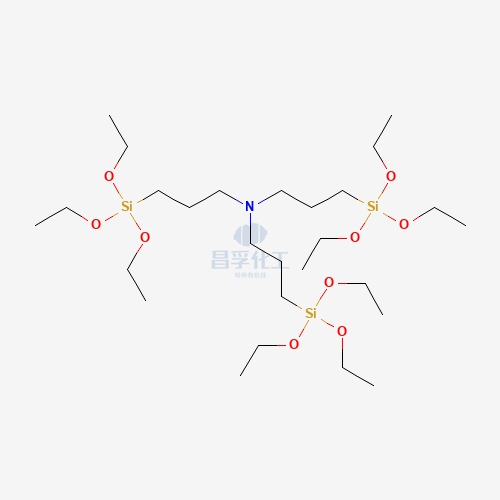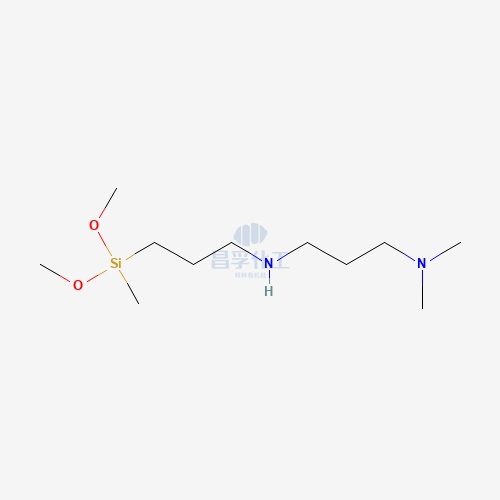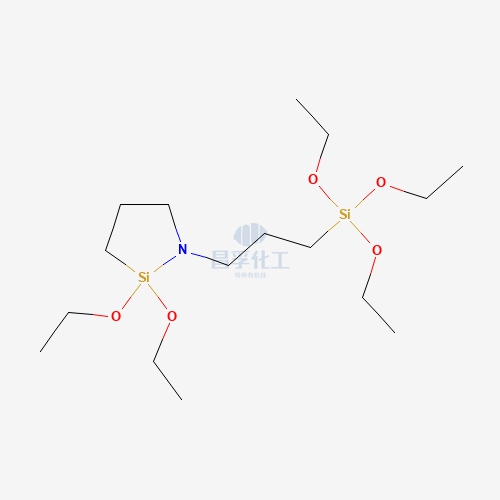
Contact Changfu Chemical Now!
+86 27 8439 6550 | +86 181 6277 0058
The Benefits of Silicone Fluids for Industrial and Consumer Applications
Silicone fluids are a group of synthetic compounds that have become essential across various industries due to their unique properties and versatility. These fluids are used in applications ranging from personal care products to high-performance industrial lubricants. In this comprehensive guide, we will explore what silicone fluids are, their types, applications, benefits, and much more.
What Are Silicone Fluids?
Silicone fluids, also known as siloxane fluids, are polymerized siloxanes with repeating units of siloxane (Si-O-Si) bonds. These fluids are available in different viscosities, from water-like liquids to thicker, more viscous compounds. Their molecular structure imparts them with a range of beneficial properties, making them suitable for diverse applications.
Properties of Silicone Fluids
Silicone fluids possess a variety of properties that make them stand out from other synthetic fluids. These include:
- Thermal Stability: They can withstand extreme temperatures, both high and low, without degrading.
- Chemical Inertness: Silicone fluids are resistant to most chemicals, making them ideal for harsh environments.
- Lubricity: They provide excellent lubrication, reducing friction and wear in mechanical components.
- Low Surface Tension: This characteristic allows silicone fluids to spread evenly on surfaces, enhancing their performance in coatings and sealants.
- Electrical Insulation: Silicone fluids are excellent insulators, which makes them valuable in electrical and electronic applications.
Types of Silicone Fluids
There are several types of silicone fluids, each designed to meet specific needs:
- Dimethyl Silicone Fluid: The most common type, known for its wide temperature stability and low viscosity.
- Phenyl Silicone Fluid: Used in high-temperature applications due to its superior thermal stability.
- Fluorosilicone Fluid: Offers excellent chemical resistance, particularly in aggressive environments.
- Amino Silicone Fluid: Commonly used in fabric softeners and hair conditioners due to its softening properties.
![]()
Industrial Applications of Silicone Fluid
Silicone fluids are highly valued in various industrial sectors for their versatility:
Lubricants and Greases
Silicone fluids are used as base oils in the production of lubricants and greases. Their ability to perform under extreme temperatures and resist oxidation makes them ideal for automotive, aerospace, and machinery applications.
Heat Transfer Fluids
Given their high thermal stability, silicone fluids are often used as heat transfer fluids in applications requiring consistent thermal management, such as in chemical processing or electronics cooling.
Hydraulic Fluids
Silicone fluids serve as hydraulic fluids in systems that operate under high pressure and temperature, ensuring smooth and reliable performance.
Release Agents
In manufacturing, silicone fluids act as release agents in molding processes, preventing materials from sticking to molds and ensuring easy removal of finished products.
Coatings and Sealants
Silicone fluids are essential in formulating coatings and sealants that require long-lasting performance, weather resistance, and flexibility.
Consumer Applications of Silicone Fluid
Silicone fluids are not limited to industrial uses; they are also widely used in consumer products:
Personal Care Products
In personal care, silicone fluids are used in lotions, shampoos, and conditioners to provide a smooth, silky feel, enhance spreadability, and improve moisture retention.
Textile Treatment
Silicone fluids are applied in textile manufacturing to impart softness, water repellency, and durability to fabrics.
Polishes and Waxes
In household products, silicone fluids are used in polishes and waxes to provide a shiny, protective finish to furniture, cars, and floors.
Benefits of Silicone Fluid
The use of silicone fluid offers several benefits, making them a preferred choice across industries:
- Versatility: Applicable in a wide range of environments and industries.
- Durability: Long-lasting performance even under harsh conditions.
- Safety: Non-toxic and safe for use in personal care products.
- Efficiency: Improves the performance and longevity of products and machinery.

How to Choose the Right Silicone Fluid for Your Application
Selecting the appropriate silicone fluid depends on several factors, including the specific application, operating environment, and required properties. Consider the following when choosing a silicone fluid:
- Temperature Range: Ensure the fluid can withstand the operating temperatures.
- Viscosity: Match the fluid’s viscosity to the application’s requirements.
- Chemical Compatibility: Verify that the fluid is compatible with other materials in the system.
- Regulatory Compliance: Check if the fluid meets industry-specific regulations.
Safety and Handling of Silicone Fluid
While silicone fluids are generally safe to use, it is essential to follow proper safety guidelines:
- Storage: Store silicone fluid in a cool, dry place, away from direct sunlight.
- Handling: Use protective equipment, such as gloves and goggles, when handling silicone fluids to prevent skin and eye contact.
- Disposal: Dispose of silicone fluids according to local environmental regulations.
The Role of Chlorosilane in Silicone Fluid
Chlorosilane compounds play a crucial role in the production of silicone fluids. These compounds are used as intermediates in the synthesis of siloxane polymers, the building blocks of silicone fluids. The specific reactivity of chlorosilanes allows for the customization of silicone fluid properties, making them suitable for various specialized applications.
FAQs for SIlicone Fluid
What are the primary applications of silicone fluids?
Silicone fluids are used in lubricants, heat transfer fluids, hydraulic fluids, release agents, coatings, sealants, personal care products, textile treatments, and polishes.
How do silicone fluids differ from other synthetic fluids?
Silicone fluids offer superior thermal stability, chemical inertness, and lubricity compared to many other synthetic fluids, making them suitable for a broader range of applications.
Are silicone fluids safe for use in personal care products?
Yes, silicone fluids are non-toxic and widely used in personal care products for their smooth feel, spreadability, and moisture-retention properties.
Can silicone fluids be used in high-temperature environments?
Yes, certain types of silicone fluids, such as phenyl silicone fluids, are specifically designed to perform well in high-temperature environments.
What factors should be considered when choosing a silicone fluid?
Consider the operating temperature range, viscosity, chemical compatibility, and regulatory compliance when selecting a silicone fluid for your application.
How are chlorosilanes related to silicone fluids?
Chlorosilanes are intermediates used in the production of silicone fluids, enabling the customization of fluid properties for various applications.
Conclusion
Silicone fluids are versatile, high-performance materials that have become indispensable in both industrial and consumer applications. Their unique properties, such as thermal stability, chemical inertness, and lubricity, make them ideal for use in a wide range of products, from lubricants to personal care items. By understanding the different types of silicone fluids and their specific benefits, you can select the right fluid for your needs, ensuring optimal performance and longevity.
Popular Silicon Compounds
Popular Silicon Compounds
Related News & Blog
Related News & Blog


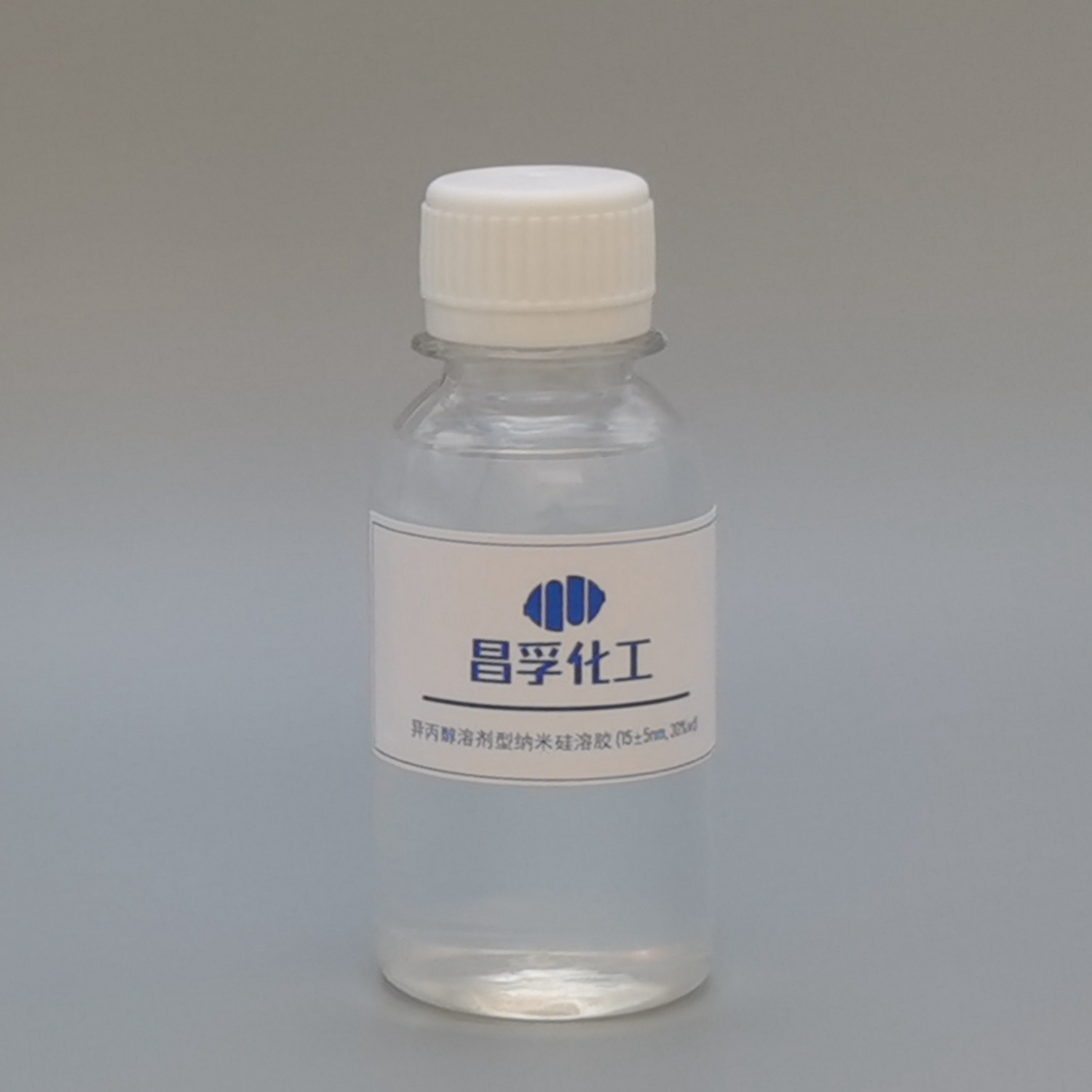
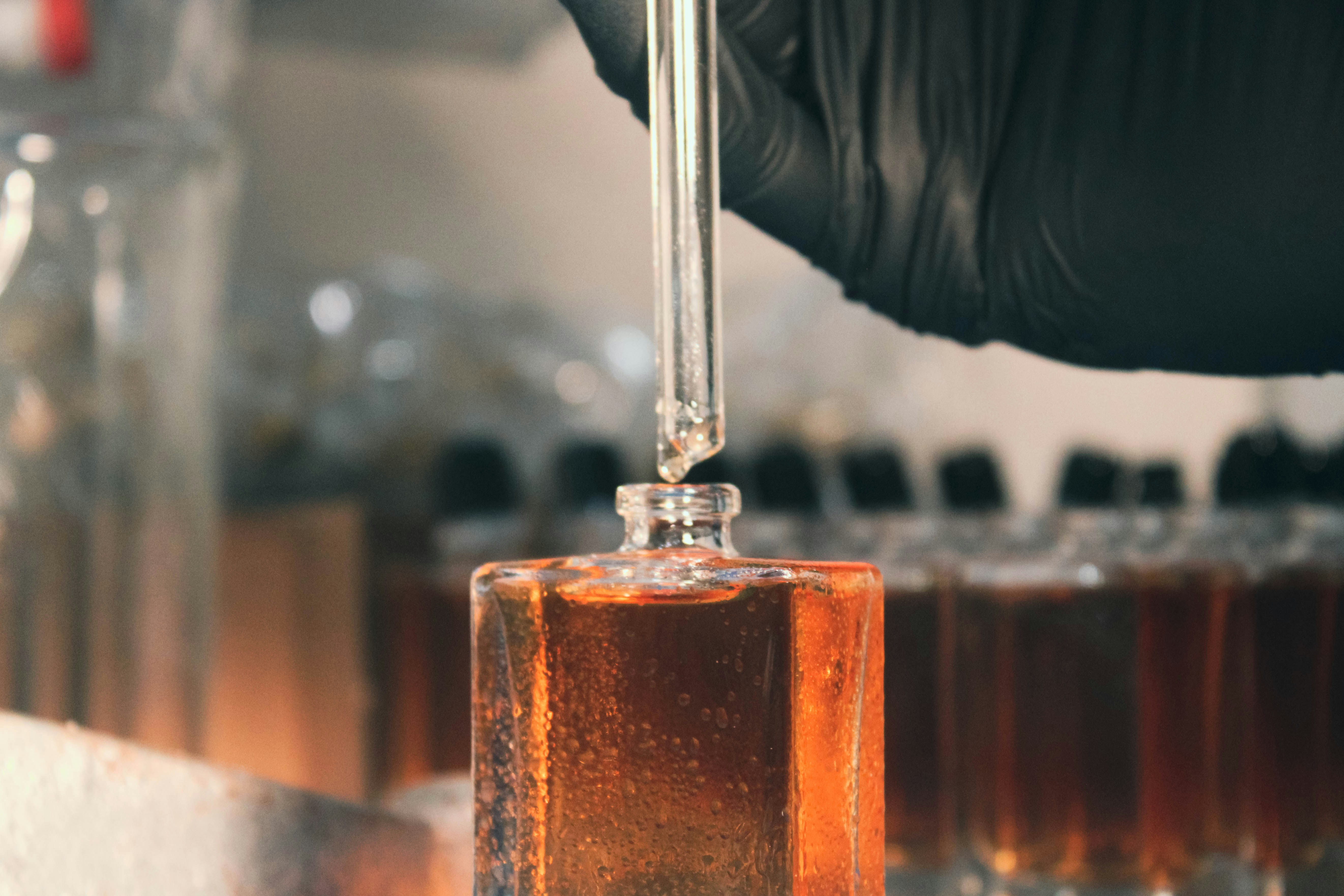



























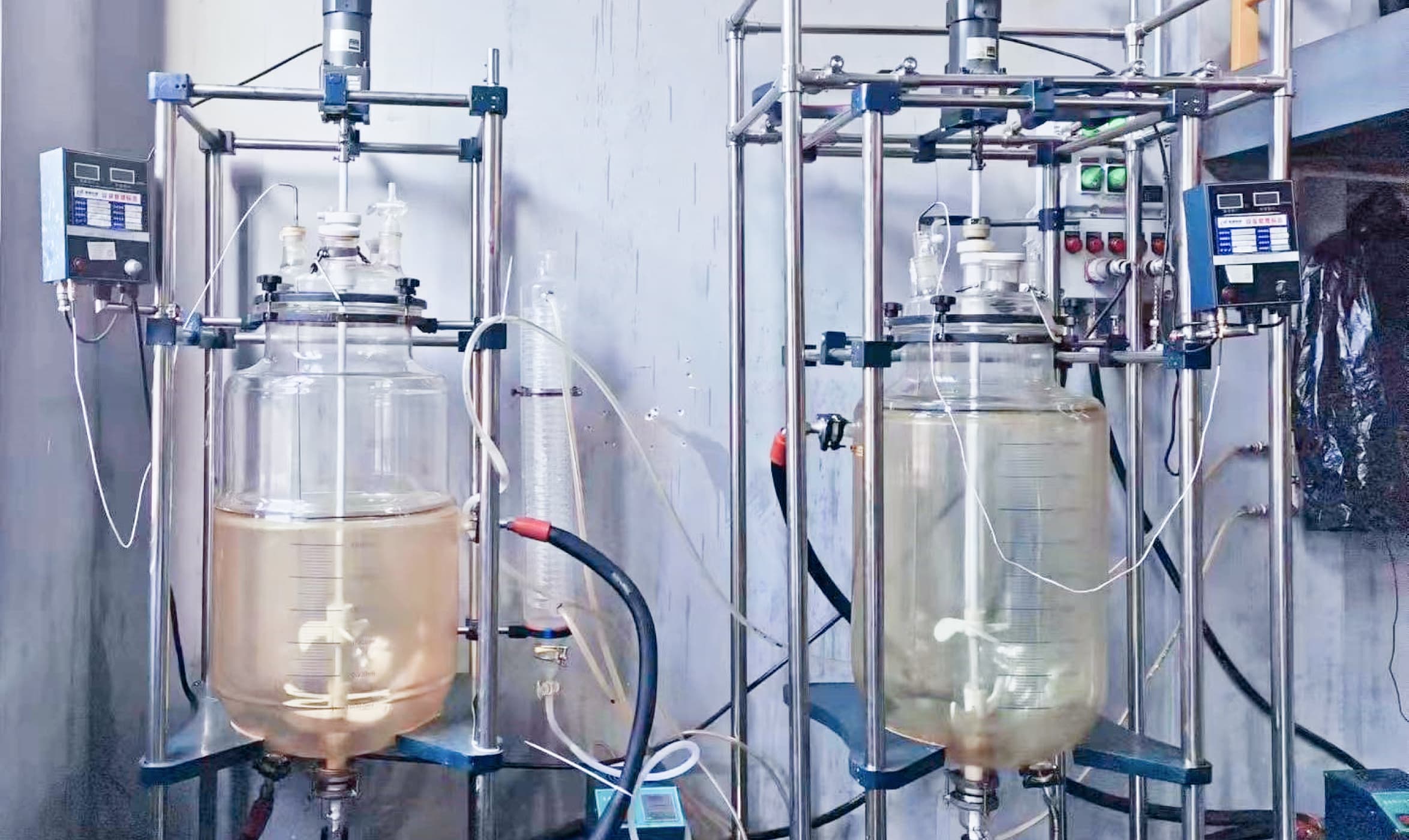



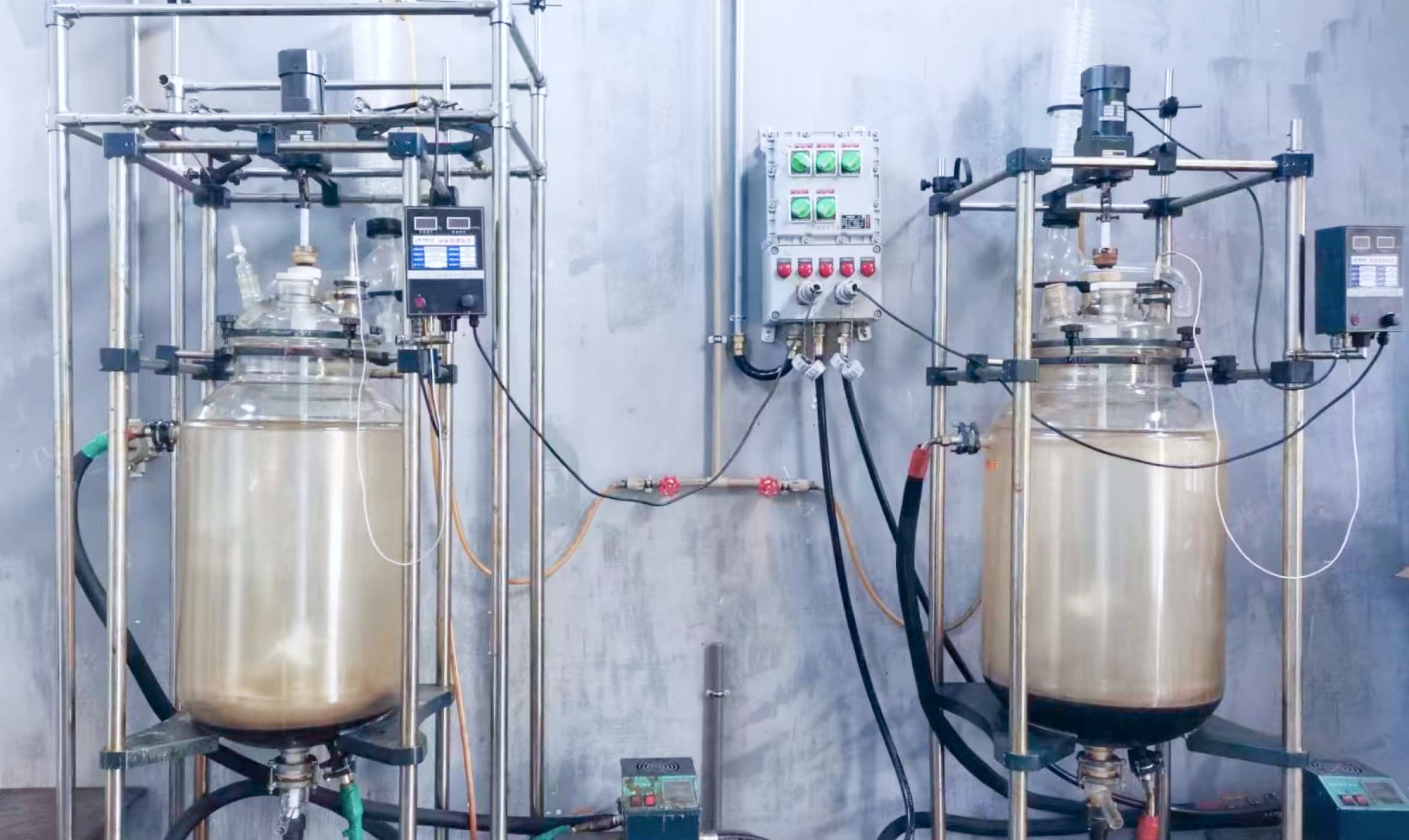
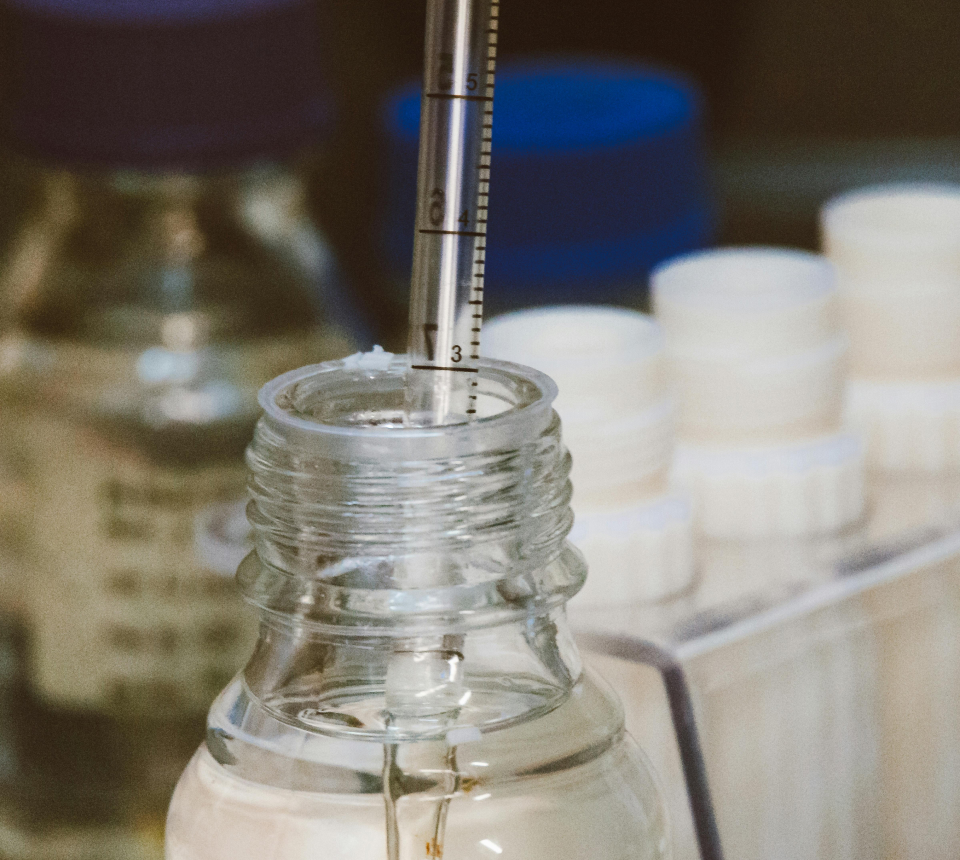





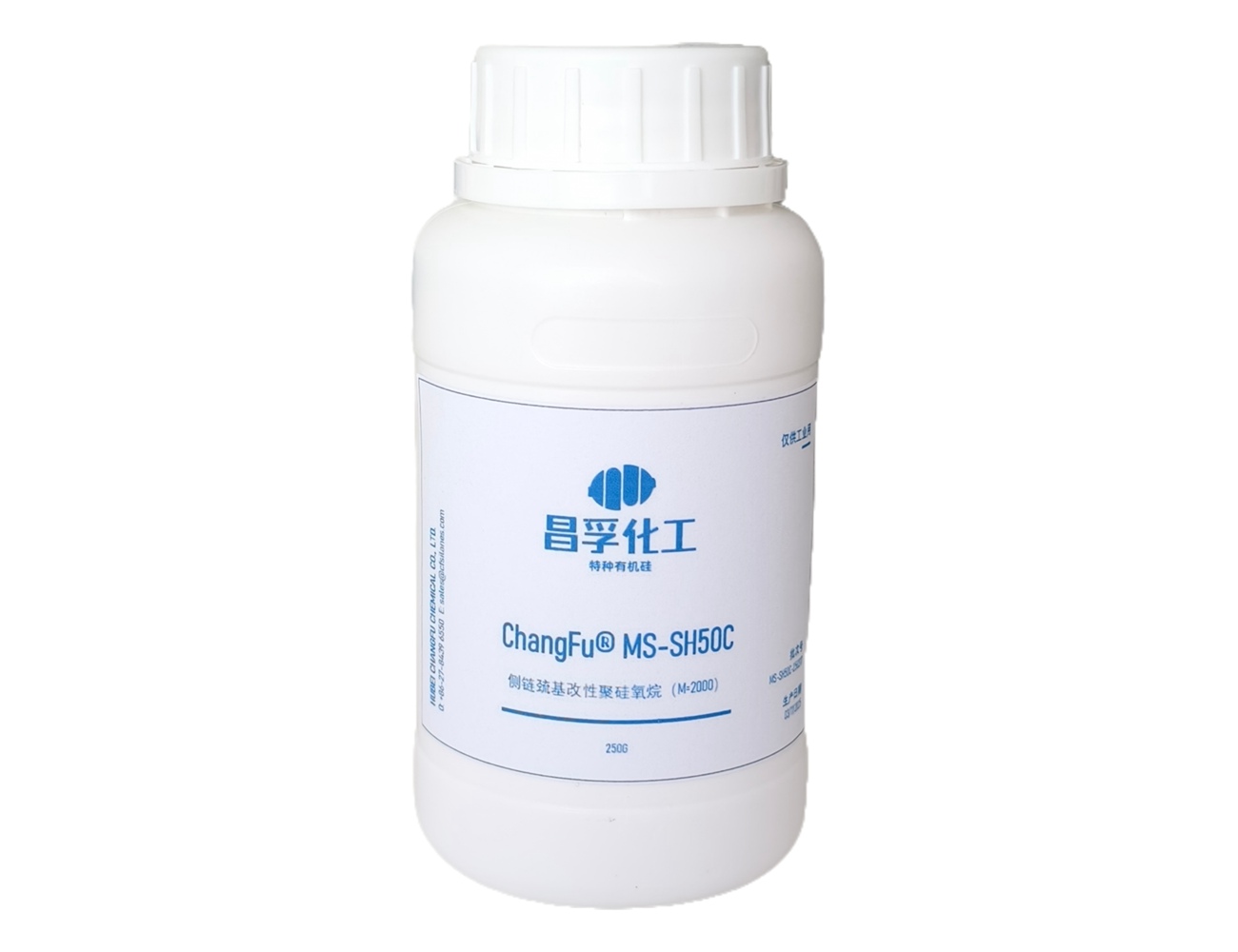



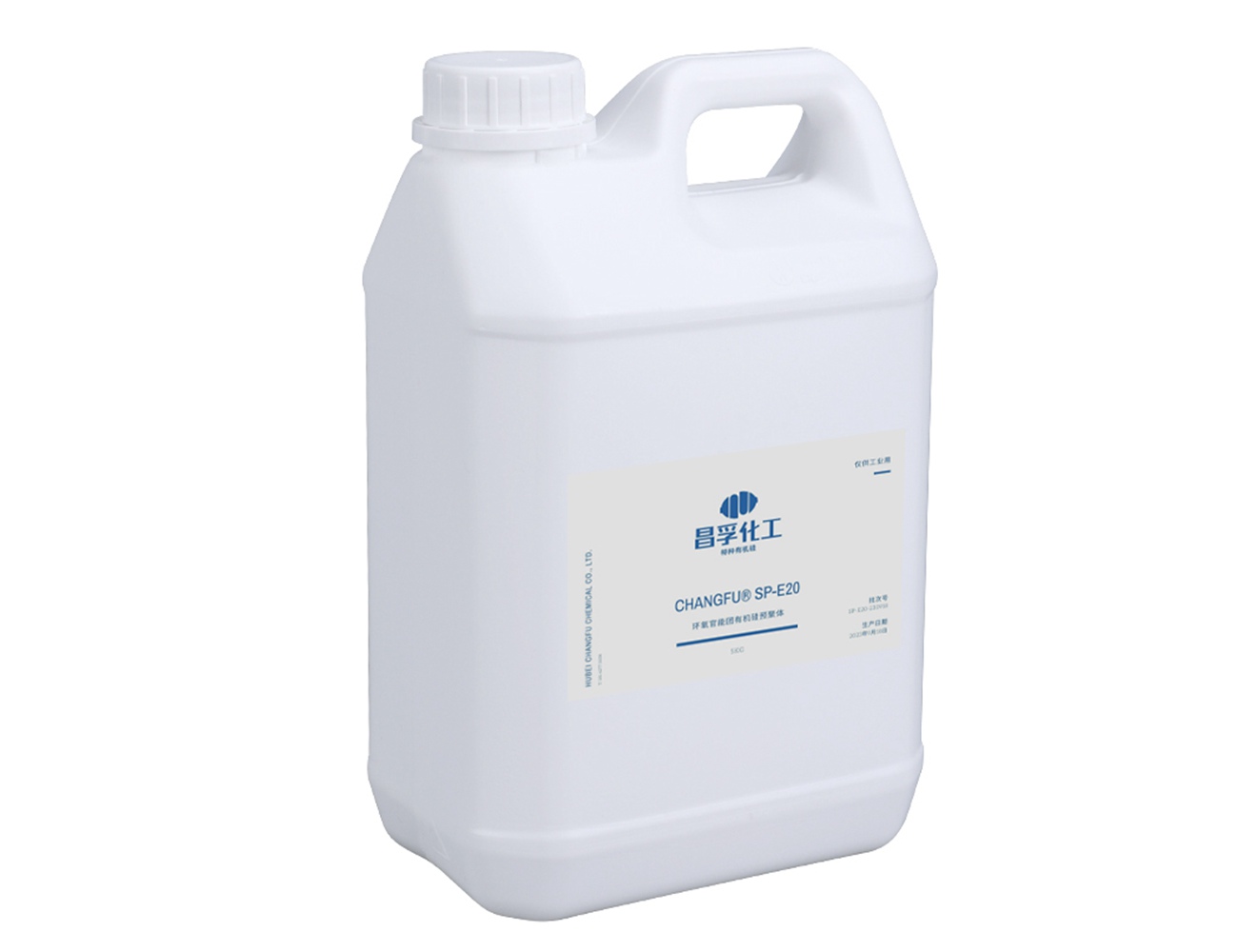
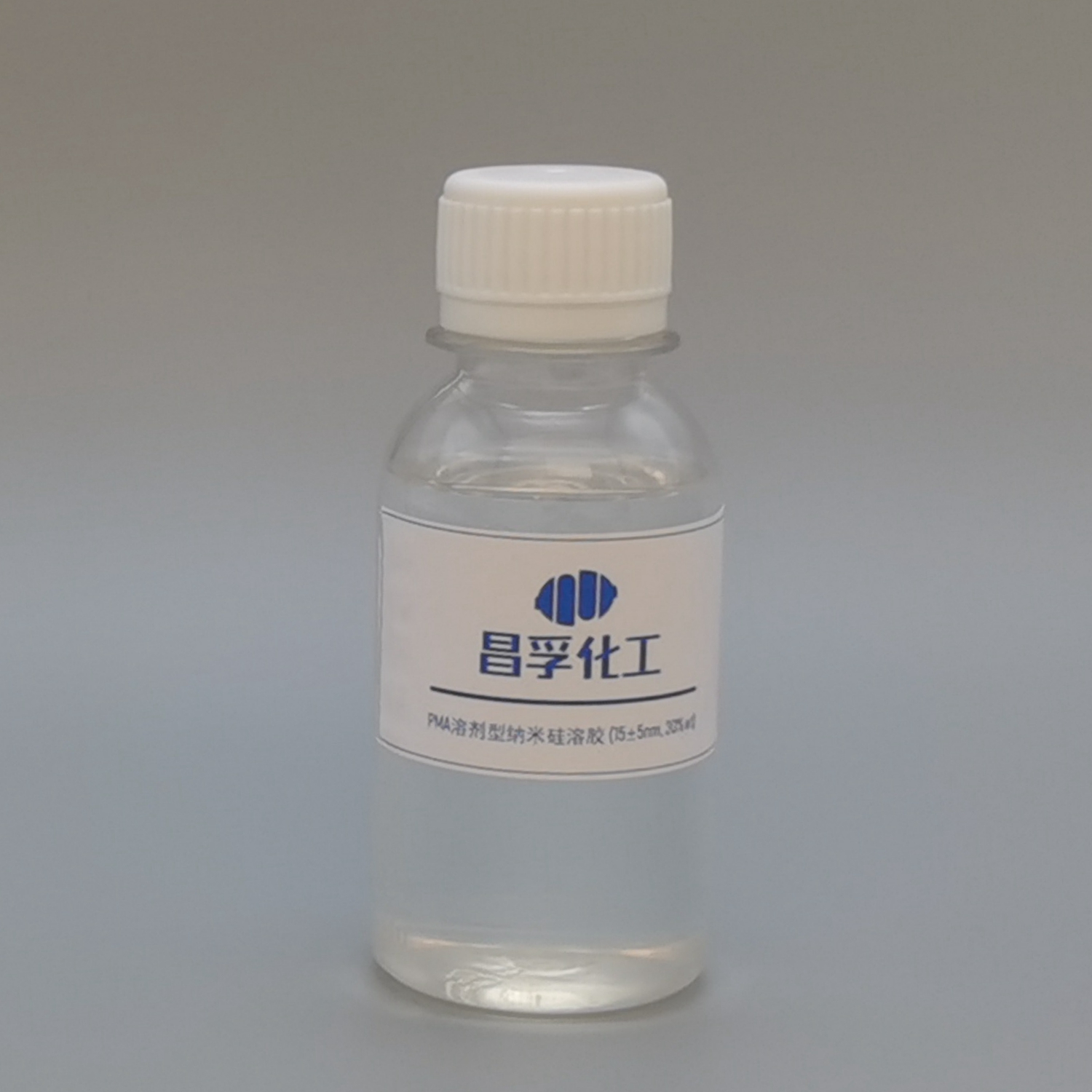
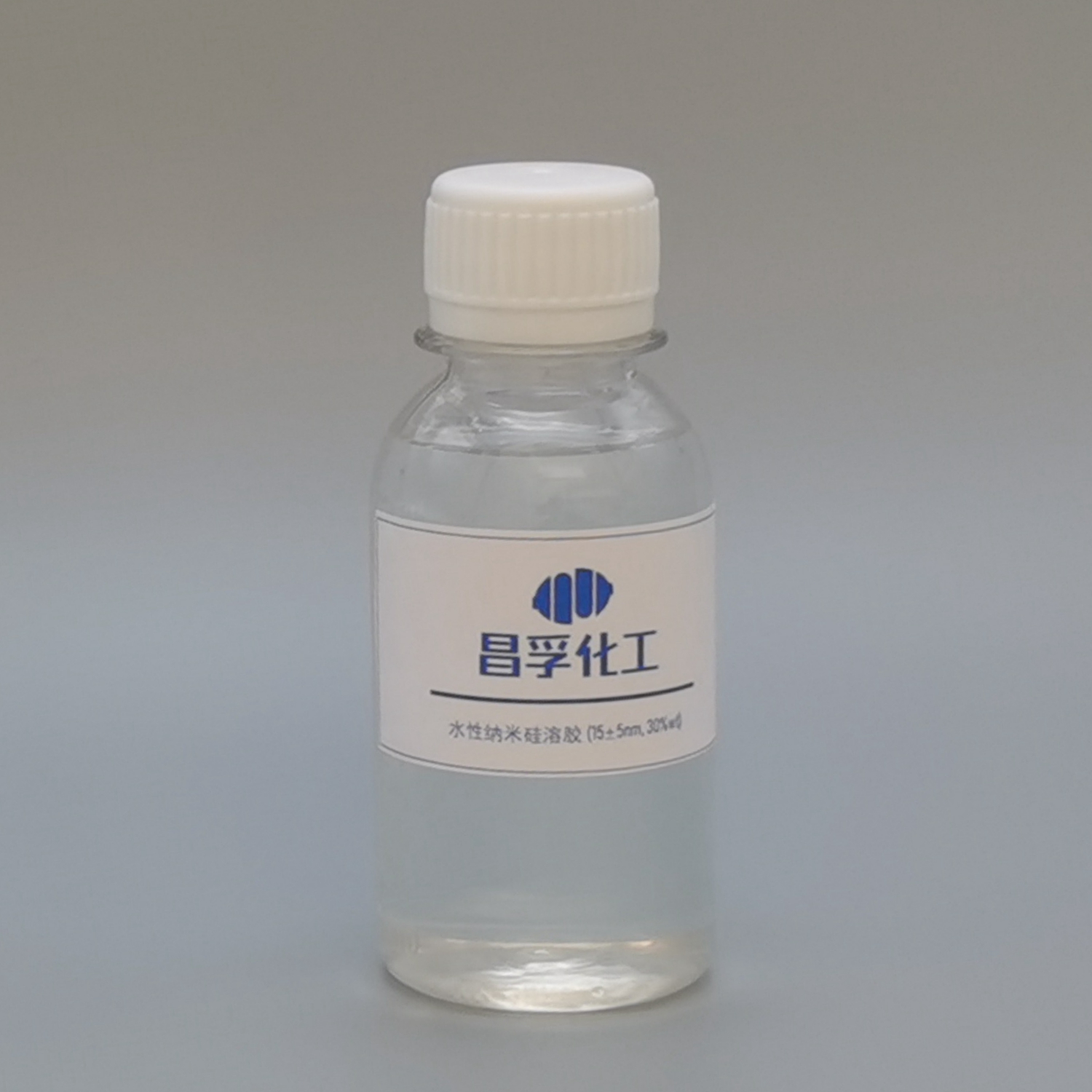

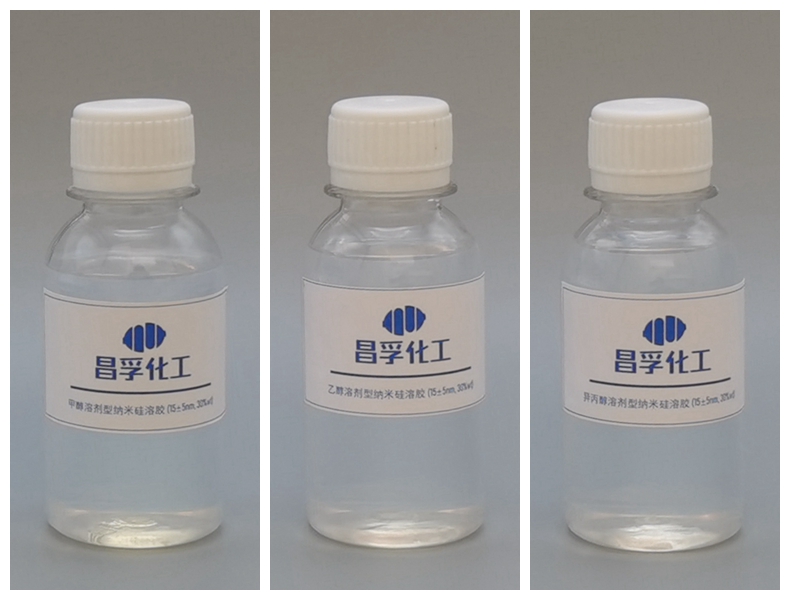
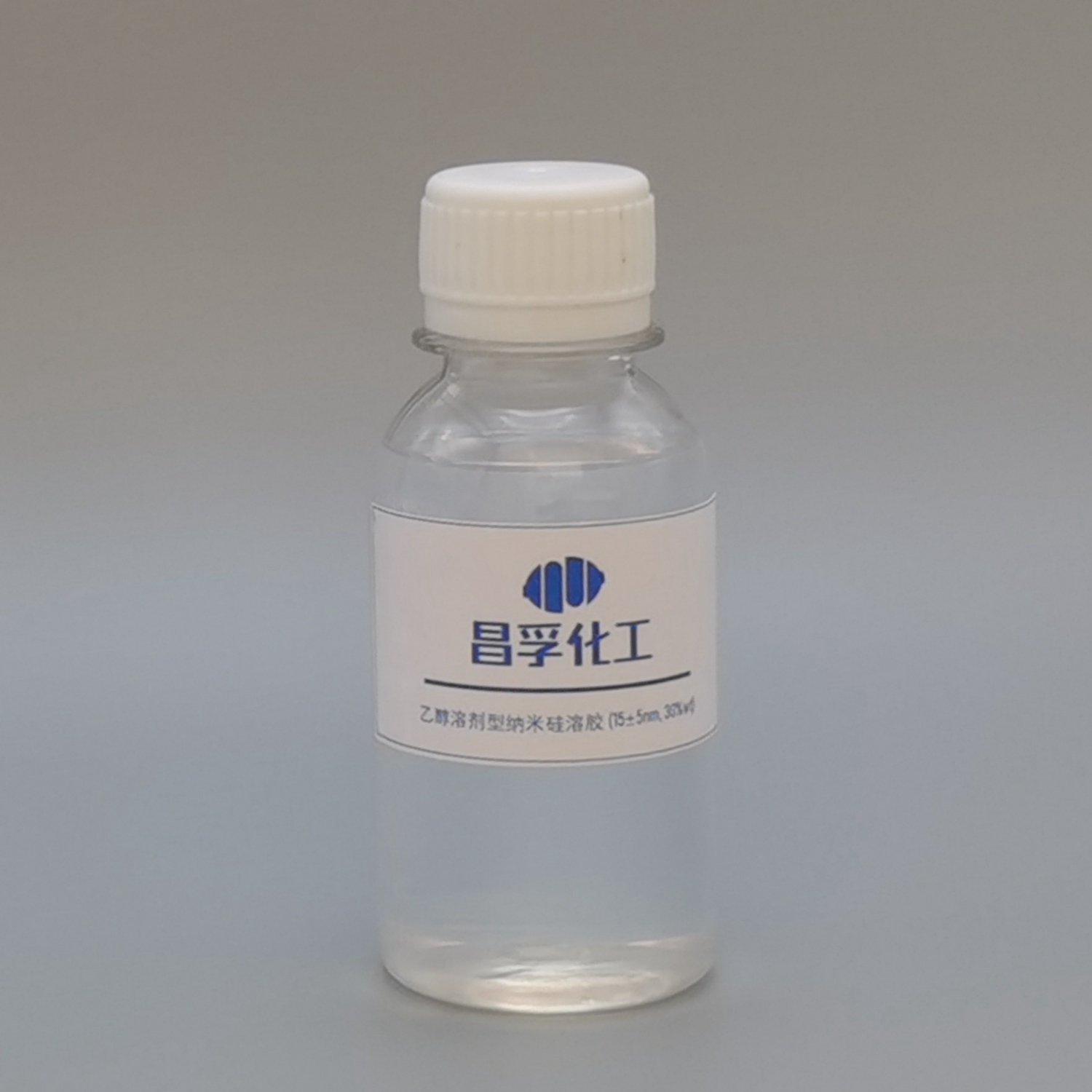
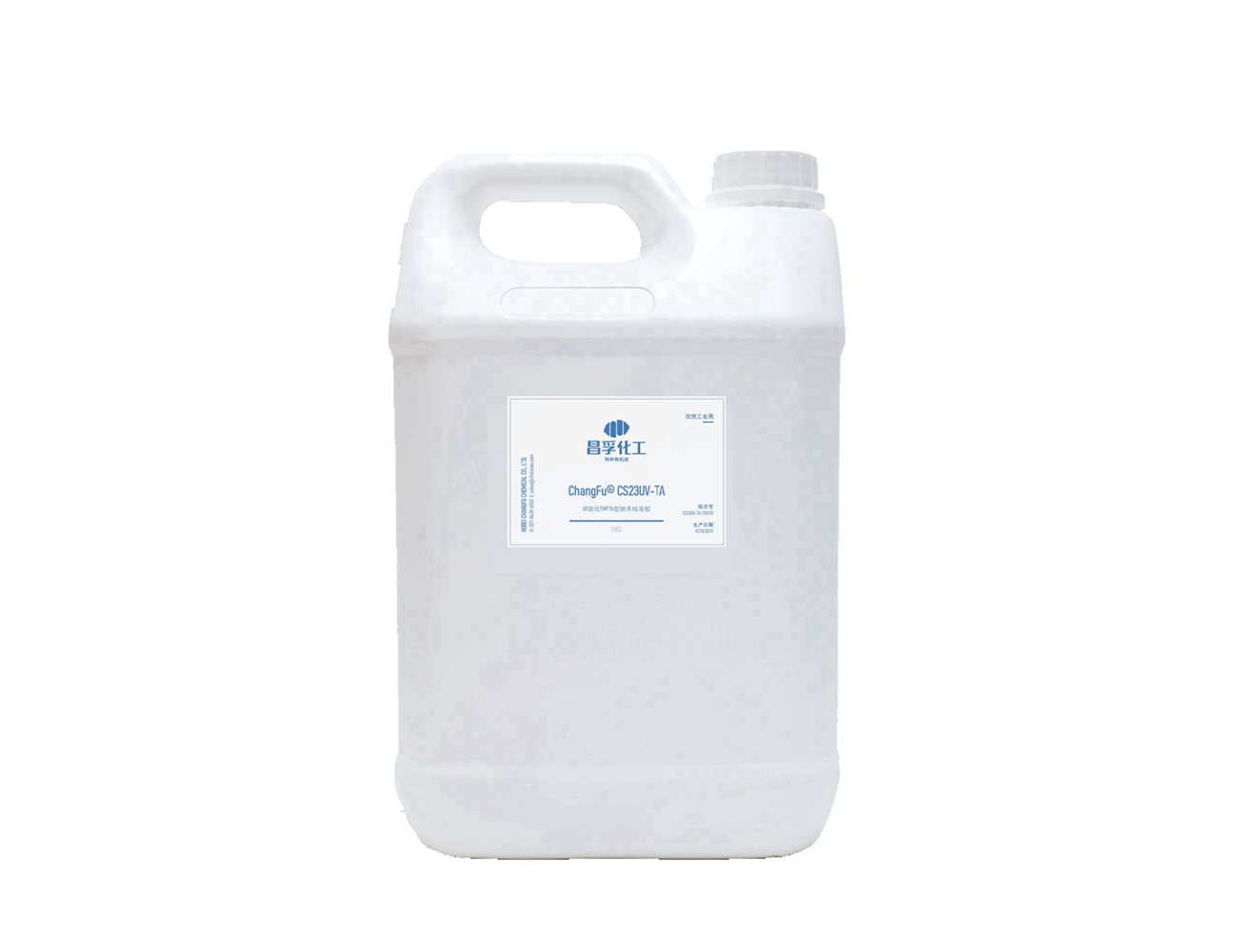
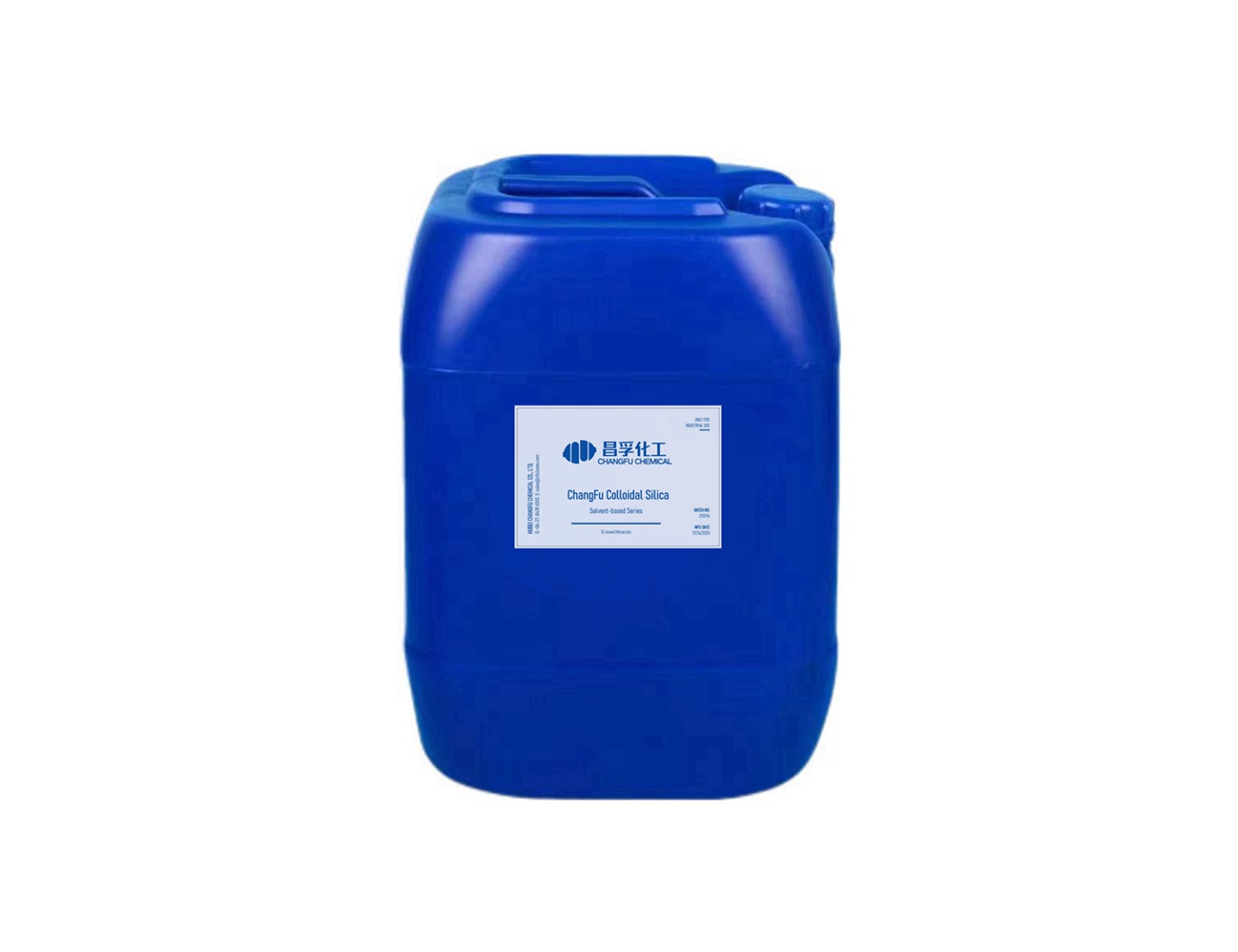


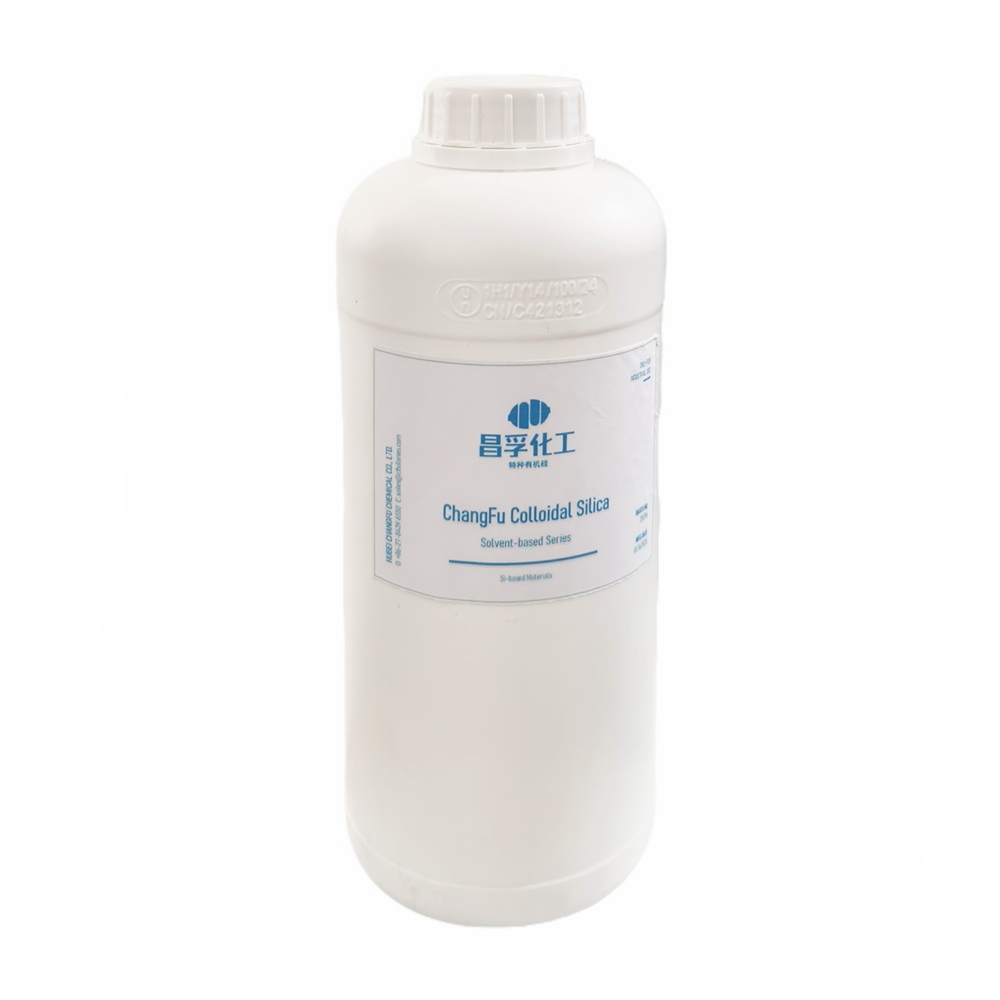


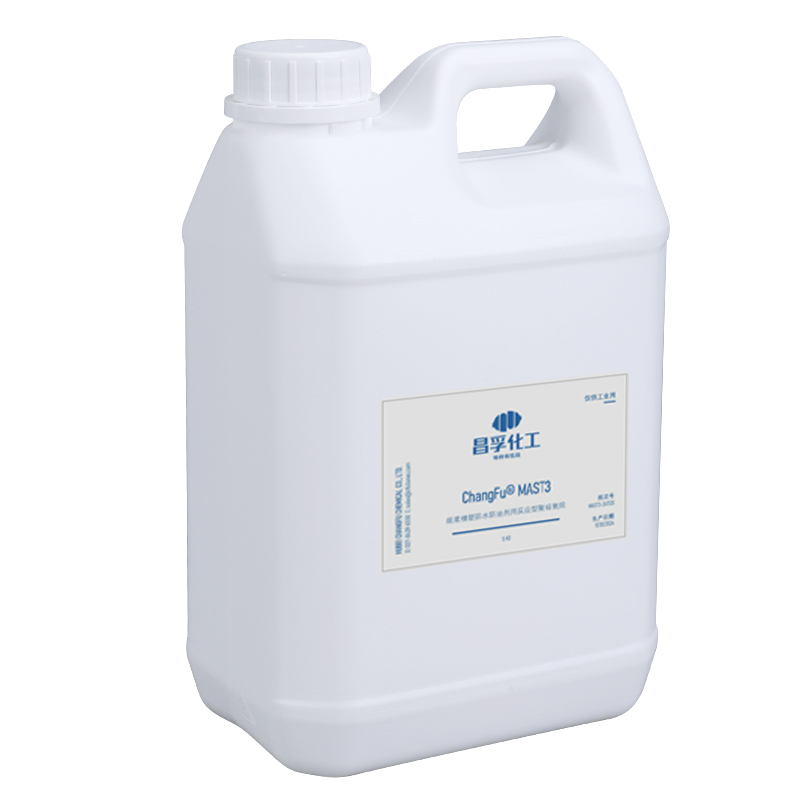





































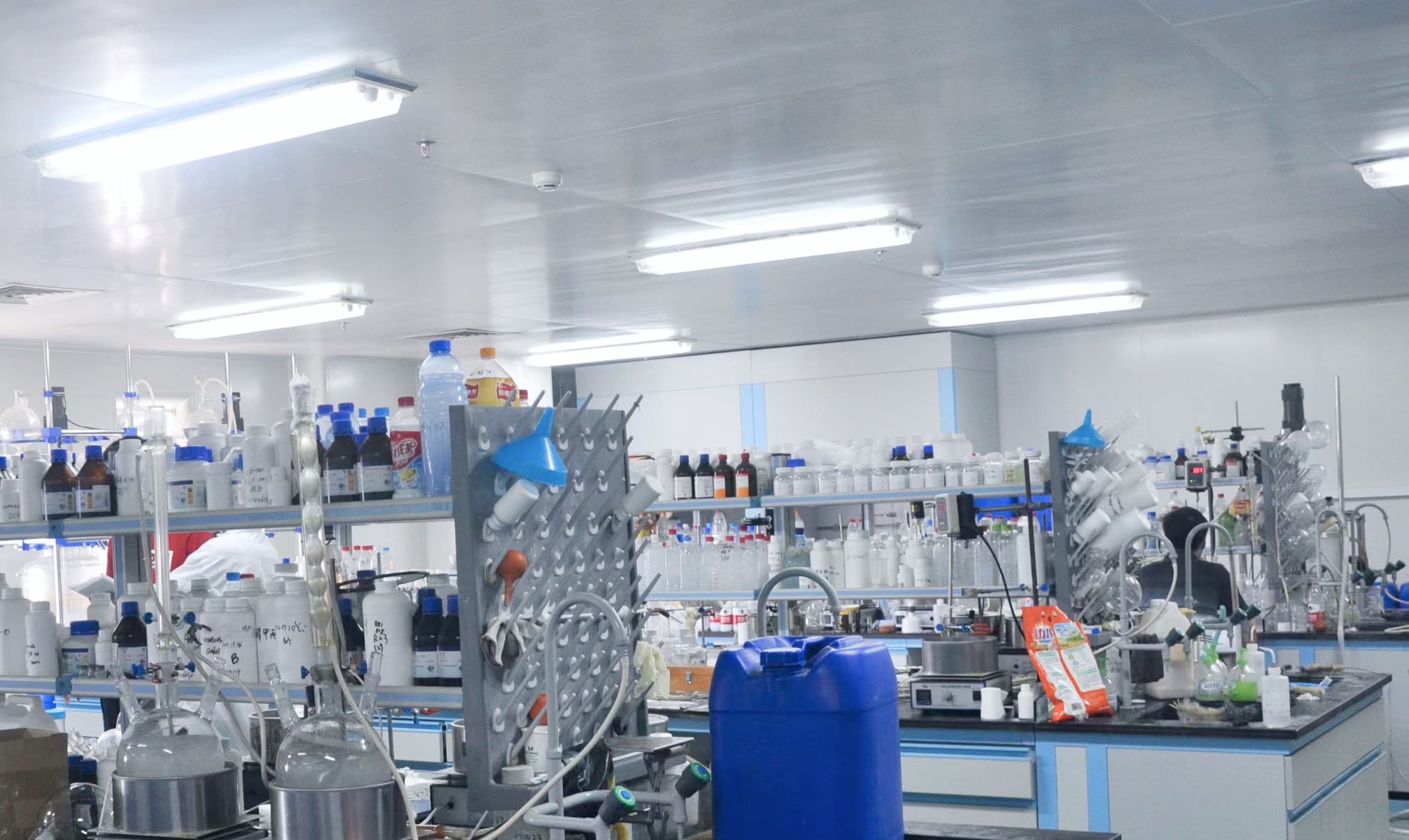

+86 27 8439 6550
+86 181 6277 0058
sales@cfsilanes.com
Optics Valley Bio-City
No. 666, Gaoxin Avenue
Hongshan District, Wuhan City

+86 27 8439 6550 | +86 181 6277 0058
sales@cfsilanes.com
Optics Valley Bio-City
No. 666, Gaoxin Avenue
Hongshan District, Wuhan City
Copyright © Hubei ChangFu Chemical Co., Ltd. All Rights



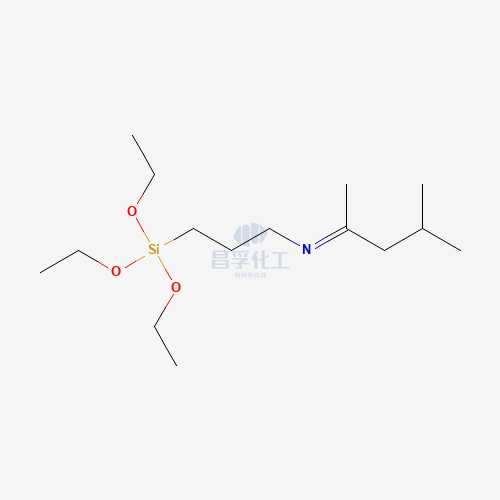
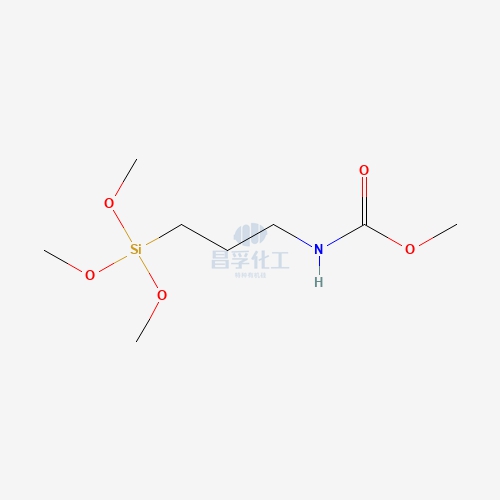
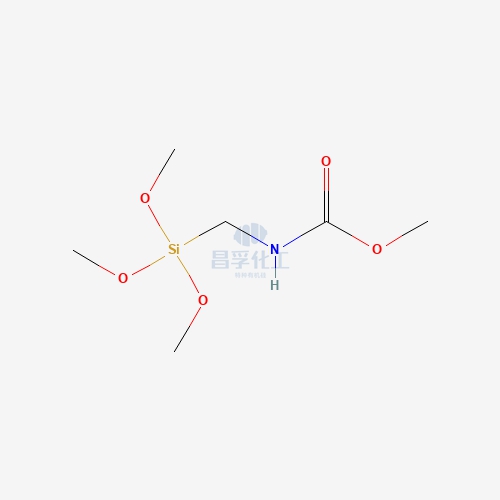
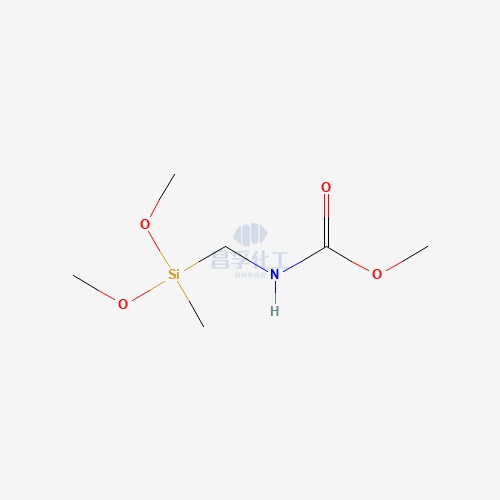
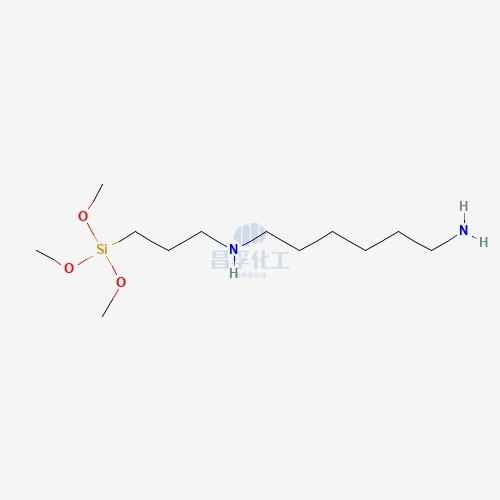
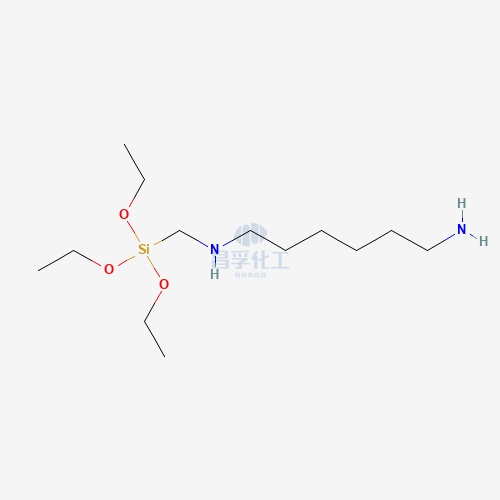
![N-[5-(Trimethoxysilylpropyl)-2-aza-1-oxopentyl]caprolactam CAS: 106996-32-1 106996 32 1 N-[5-(Trimethoxysilylpropyl)-2-aza-1-oxopentyl]caprolactam CAS: 106996-32-1 106996 32 1](https://cdn.yofishseo.com/1363882761272232/106996-32-1.jpg)
